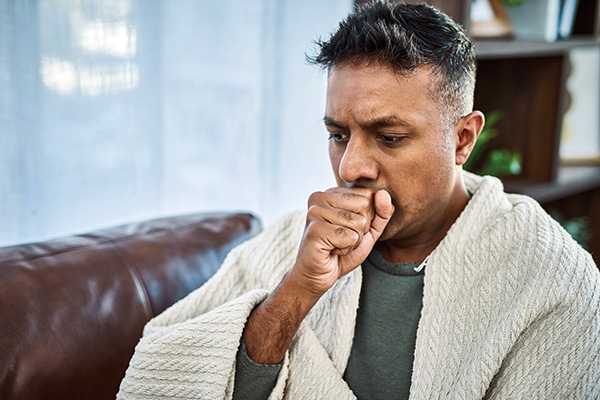What You Need to Know About Cholesterol

Stay in control to help prevent heart disease, heart attack and stroke
(Family Features) Understanding and improving cholesterol is important for people of all ages, including children and teens. Maintaining healthy cholesterol levels can help keep your heart healthy and lower your chances of getting heart disease or having a stroke.
High cholesterol usually has no symptoms. In fact, about 38% of adults in the United States are diagnosed with high cholesterol, according to the American Heart Association. Understanding what cholesterol is, the role it plays, when to get screened and how to manage it are important aspects of protecting your overall health and prevent a heart attack or stroke.
Understanding Cholesterol
 A waxy, fat-like substance created by the liver and consumed from meat, poultry and dairy products, cholesterol isn’t inherently bad for you. In fact, your body needs it to build cells and make vitamins and other hormones. However, too much cholesterol circulating in the blood can pose a problem.
A waxy, fat-like substance created by the liver and consumed from meat, poultry and dairy products, cholesterol isn’t inherently bad for you. In fact, your body needs it to build cells and make vitamins and other hormones. However, too much cholesterol circulating in the blood can pose a problem.
The two types of cholesterol are low-density lipoprotein (LDL), which is considered “bad,” and high-density lipoprotein (HDL), which can be thought of as “good” cholesterol. Too much of the “bad” kind, or not enough of the “good,” increases the risk of cholesterol slowly building up in the inner walls of the arteries that feed the heart and brain.
Cholesterol can join with other substances to form a thick, hard deposit on the inside of the arteries called plaque. This can narrow the arteries and make them less flexible – a condition known as atherosclerosis. If a blood clot forms, it may be more likely to get stuck in one of these narrowed arteries, resulting in a heart attack or stroke.
Understanding Risk
Your body naturally produces all the LDL it needs. An unhealthy lifestyle can make your body produce more LDL than required. Behaviors that may negatively affect your cholesterol levels include lack of physical activity, obesity, eating an unhealthy diet and smoking or exposure to tobacco smoke.
In addition to unhealthy habits, which are the cause of high LDL cholesterol for most people, some people inherit genes from their parents or grandparents – called familial hypercholesterolemia (FH) – that cause them to have too much cholesterol and can lead to premature atherosclerotic heart disease. If you have a family history of FH or problems related to high cholesterol, it’s important to get your levels checked.
Getting Cholesterol Checked
Adults age 20 and older should have their cholesterol and other traditional risk factors checked every 4-6 years as long as their risk remains low. After age 40, your health care professional will use an equation to calculate your 10-year risk of heart attack or stroke. People with cardiovascular disease, and those at elevated risk, may need their cholesterol and other risk factors assessed more often.
Managing Cholesterol
If you have high cholesterol, understanding your risk for heart disease and stroke is one of the most important things you can do, along with taking steps to lower your cholesterol.
Often, simply changing certain behaviors can help bring your numbers into line. Eating a heart-healthy diet that emphasizes fruits, vegetables, whole grains, lean or plant-based protein, fish and nuts while limiting red and processed meats, sodium and sugar-sweetened foods and beverages is one of the best ways to lower your cholesterol. While grocery shopping, look for the American Heart Association’s Heart-Check mark to help identify foods that can be part of an overall healthy eating pattern.
Other lifestyle changes include losing weight, quitting smoking and becoming more physically active, as a sedentary lifestyle can lower HDL. To help lower both cholesterol and high blood pressure, experts recommend at least 150 minutes of moderate-intensity aerobic exercise a week, such as walking, biking or swimming.
For some people, lifestyle changes may prevent or manage unhealthy cholesterol levels. For others, medication may also be needed. Work with your doctor to develop a treatment plan that’s right for you. If medication is required, be sure to take it as prescribed.
Controlling your cholesterol may be easier than you think. Learn more about managing your cholesterol at heart.org/cholesterol.
Photos courtesy of Getty Images
American Heart Association


